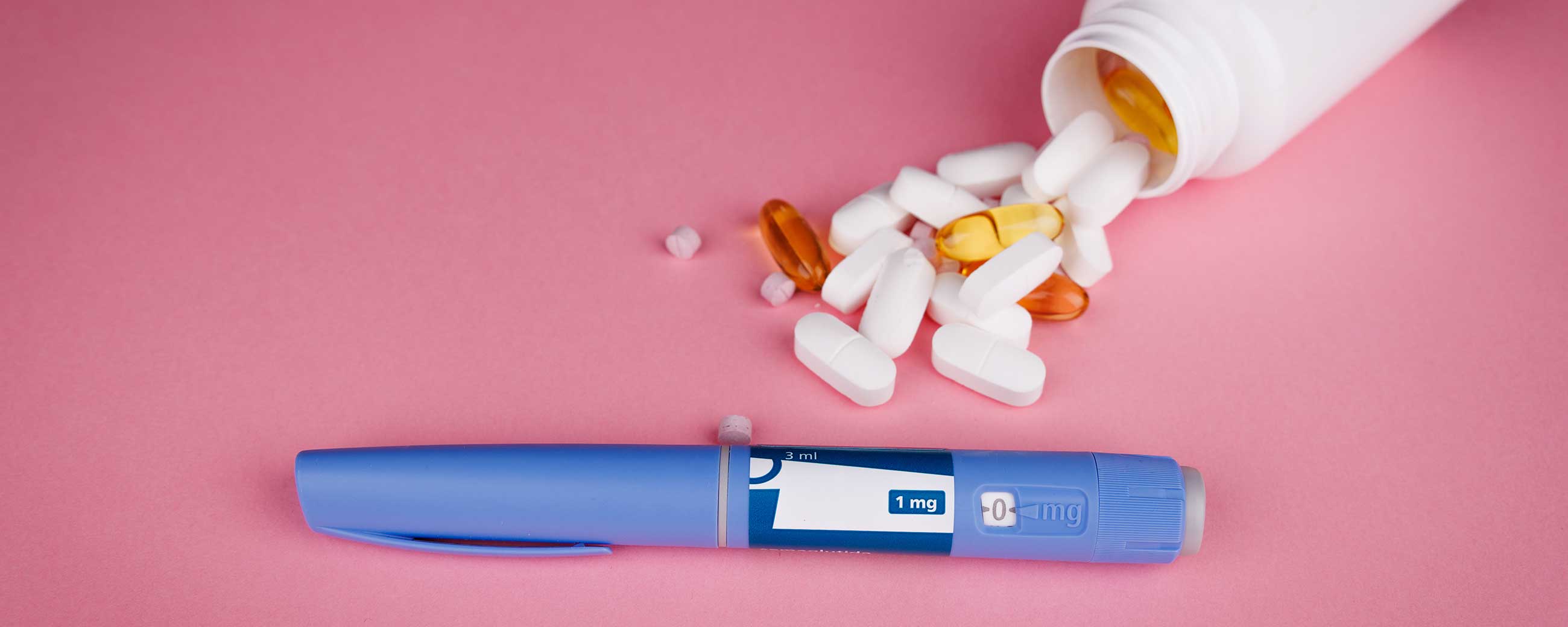
Tips for a Successful Pregnancy with Type 2 Diabetes

Can a woman with type 2 diabetes get pregnant? Of course! Managing type 2 diabetes during pregnancy can be challenging, but with the right strategies, a healthy pregnancy is entirely possible. In this post we’ll explore essential topics like preparation, prioritizing healthy blood sugar, emphasizing good nutrition and physical activity, and monitoring your baby’s health throughout your pregnancy. Whether you’re newly diagnosed or have been managing type 2 diabetes for years, these tips will guide you toward your goal of delivering a healthy baby.
How to prepare for pregnancy with Type 2 Diabetes
If you’re planning a pregnancy and you have type 2 diabetes, it’s important to consult with your healthcare provider to ensure your blood sugar levels are well-controlled before you get pregnant (as well as throughout your pregnancy).
High blood sugar can make it more difficult to become pregnant and may increase your risk of miscarriage. And blood sugars that remain elevated throughout pregnancy can increase risk of complications, including macrosomia (your baby is larger than average, which could complicate your delivery), preeclampsia (dangerously elevated blood pressure), preterm birth, birth defects, and an increased risk of your baby developing type 2 diabetes.
A pre-pregnancy checkup also allows your healthcare provider to discuss your medical history and overall risks of pregnancy, provide suggestions for healthy nutrition and physical activity, recommend a prenatal vitamin, and ensure any medications or supplements you take are safe for your baby.
Now if you’re wondering how to get pregnant with type 2 diabetes, the key is to prioritize your own health by regularly monitoring and maintaining well-controlled blood sugar levels. You achieve this by taking your medications as prescribed, prioritizing healthy food choices, staying physically active, quitting smoking and limiting alcohol , as well as managing stress effectively.
What happens if you have Type 2 Diabetes and get pregnant?
In some cases, pregnancy with type 2 diabetes may come as a surprise, but there’s no need to panic. Mothers with type 2 diabetes give birth to healthy babies every day. Your healthcare team should be able to provide you with all the necessary resources to maximize your chances for a healthy pregnancy and delivery.
Once you are pregnant, our first step should be to schedule an appointment with your healthcare provider. You'll likely be referred to a diabetes educator who will help you understand blood sugar targets, guide you on appropriate monitoring practices, reinforce when and how to take your medications, and educate you on how lifestyle choices impact your health and your baby's. Additionally, a registered dietitian from your diabetes care team will be able to create a balanced meal plan to ensure you get the necessary nutrients and that you are managing your weight appropriately.
As your pregnancy continues make sure to maintain close communication with your diabetes care team and attend regular prenatal appointments. With a metabolic disease like type 2 diabetes as a complicating factor, it’s best for the health of both the mother and the baby to be monitored regularly.
What if I get diabetes while pregnant?
Diabetes that develops during pregnancy is referred to as gestational diabetes. Some risk factors for developing gestational diabetes include a family history of type 2 diabetes, obesity, history of polycystic ovary syndrome (PCOS), high blood pressure, sedentary lifestyle, being of certain ethnic backgrounds (Hispanic, African American, Native American, Asian, or Pacific Islander), and if you’re over 25 years of age.
If you have risk factors for gestational diabetes, your healthcare provider will recommend screening between weeks 24 and 28 of pregnancy. Initial screening usually includes a one hour glucose tolerance test (or glucose challenge). For this test, your provider will measure your baseline blood sugar, and then you’ll drink a sugary drink. After one hour, if your blood sugar is higher than the specified threshold, it indicates that further testing is needed in the form of a 3 hour oral glucose tolerance test (OGTT) whereblood sugar is measured at 1, 2, and 3 hours. If blood sugar levels exceed the established thresholds, this test confirms a diagnosis of gestational diabetes. If you are told your results are “borderline”, it’s a good idea to still be very intentional about eating fewer starchy, sugary foods so that diabetes doesn’t develop later in your pregnancy.
Similar to managing type 2 diabetes while pregnant, if you are diagnosed with gestational diabetes, your healthcare provider will likely refer you to a diabetes educator and registered dietitian for diabetes self monitoring education and management, as well as healthy nutrition and meal planning, to ensure you are empowered with the information you need to maximize your chances for a healthy pregnancy, healthy delivery, and healthy baby!
The Takeaway
Achieving a successful pregnancy with type 2 diabetes is well-within reach as long as you follow the advice of your healthcare provider and diabetes care team. If you are a Virta member, you will be released from Virta until after delivery and breastfeeding (if applicable) to ensure you are reaching pregnancy-specific blood sugar targets. Afterward, you are welcome (and encouraged!) to re-enroll with Virta.
If you are diagnosed with type 2 diabetes and want to live a healthier lifestyle, Virta Health may be able to help. By making healthy lifestyle changes in a medical setting with supportive resources like 1:1 virtual coaching, you can regain control of your health and feel like yourself again. See if you’re eligible for Virta Health here.”
This blog is intended for informational purposes only and is not meant to be a substitute for professional medical advice, diagnosis, or treatment. Always seek the advice of your physician or other qualified health provider with any questions you may have regarding a medical condition or any advice relating to your health. View full disclaimer
Are you living with type 2 diabetes, prediabetes, or unwanted weight?








